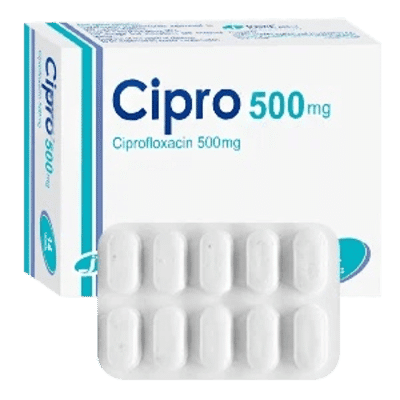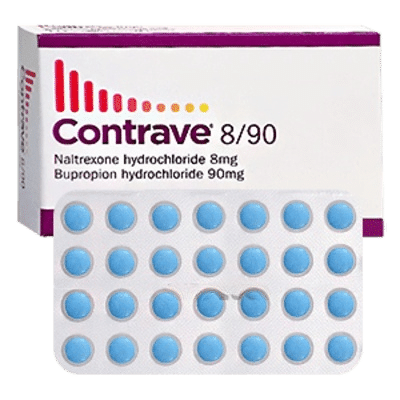I was prescribed Erythromycin after being diagnosed with bronchitis. The medication really helped me recover faster; I felt a significant improvement by the third day of treatment. Occasional nausea was a bit bothersome, but it was tolerable and soon passed.

Erythromycin
- Quality products
- Support 24/7
- Fast delivery
About this medicine
Erythromycin is a well-known medication belonging to the class of macrolide antibiotics. It is used to combat a wide range of bacterial infections, exhibiting pronounced antimicrobial activity. Through its mechanism of action, erythromycin inhibits the ability of bacteria to multiply, which gradually leads to a decrease in their numbers in the body and allows the bodys immune system to more effectively fight the infection.
Composition of the medicine
This medication is based on the active ingredient erythromycin, which is the main active ingredient and provides its antibiotic action. In addition, the medication may contain various excipients to improve its pharmacodynamic properties and ease of administration.
- Erythromycin is the main active ingredient responsible for inhibiting bacterial growth.
- Fillers and binders facilitate tablet formation and stability.
- The tablet coating protects it from external influences and makes taking the medication more comfortable.
These ingredients ensure effective delivery of erythromycin into the body and optimal absorption of the drug.
Usage and dosage
For best results, its important to follow the directions for use of Erythromycin. Its usually taken orally with a glass of water. The medication can be taken on an empty stomach or with food or milk. This doesnt affect its effectiveness, but it can help avoid possible gastrointestinal upset.
- Take the medication as prescribed, without missing a dose.
- Swallow the tablet whole, without chewing or breaking it, to maintain its integrity and ensure full effectiveness.
- Adhere to the recommended time interval between doses to maintain stable blood levels of the medication.
Following these recommendations will maximize the effectiveness of treatment and reduce the risk of side effects.
How does this medicine work?
Erythromycins effectiveness stems from its ability to block protein synthesis in bacterial cells. This disrupts their growth and reproduction processes. The antibiotic binds to bacterial ribosomes, disrupting protein assembly and leading to cell death or inhibition. This action allows the drug to effectively combat a variety of bacterial infections.
The drug can be used to treat infections caused by susceptible microorganisms. Therefore, it is often prescribed for respiratory diseases, skin infections, urinary tract infections, and other bacterial diseases. It is worth noting that, due to its bioactivity, Erythromycin can even act on bacterial strains resistant to other antibiotics.
Indications for use
Erythromycin can be used to treat a variety of bacterial infections. Its spectrum of indications is quite broad and it is used in medicine as a first-line treatment for many conditions.
- Respiratory infections, such as bronchitis and pneumonia, caused by susceptible bacteria.
- Skin and soft tissue infections, including acne and bacterial dermatitis.
- Mild to moderate urinary tract infections.
- Sexually transmitted infections, such as chlamydia, provided the pathogen is susceptible to erythromycin.
These indications make the drug a versatile choice for fighting infections caused by pathogenic bacteria.
Contraindications for use
Like many medications, Erythromycin has contraindications that may make its use unsafe. These restrictions are important to minimize the risk of adverse effects on the patient.
- Allergic reaction to erythromycin or other macrolide antibiotics.
- Combination with drugs such as cisapride or pimozide due to potential serious interactions.
- Severe liver disease requiring dosage adjustment.
- Myasthenia gravis, as this condition may worsen with erythromycin.
Knowledge of these contraindications will help your doctor select the most appropriate therapy while avoiding unwanted effects.
Side effects
Erythromycin side effects can vary in severity and depend on the individual patients sensitivity to the drug. The most common adverse reactions involve the gastrointestinal system and skin.
- Mild gastrointestinal disturbances, such as nausea, vomiting, and stomach pain. These symptoms often resolve as the body adjusts to the drug.
- Dizziness, headache, and fatigue may be experienced by some patients, but are usually short-lived.
- Allergic reactions, manifested as rash or mild itching, and less commonly, more severe forms, such as angioedema or urticaria.
Understanding possible adverse reactions will help you seek prompt medical attention and avoid serious health consequences.
Frequently asked questions
Erythromycin Reviews and Experiences
I took Erythromycin for infectious dermatitis, as prescribed by my doctor. The treatment went smoothly, with no serious side effects, except for a mild headache. Im glad the medication quickly cleared up the rash that appeared on my skin.
My child was prescribed Erythromycin to treat an upper respiratory infection. The medication worked as intended, and the cough quickly subsided. We were pleased with the result and are grateful to the doctor for the prompt and effective prescription.








